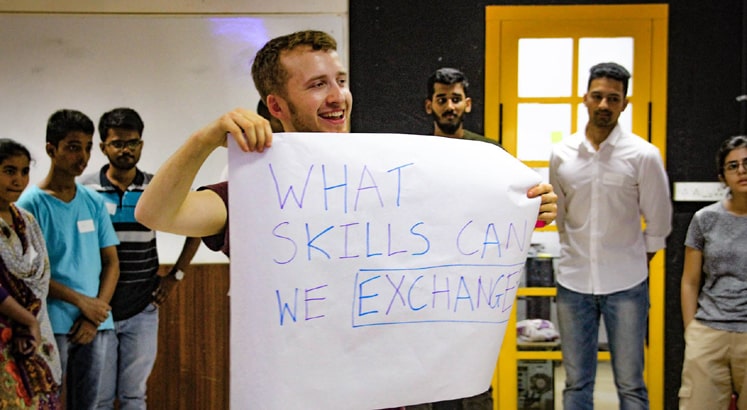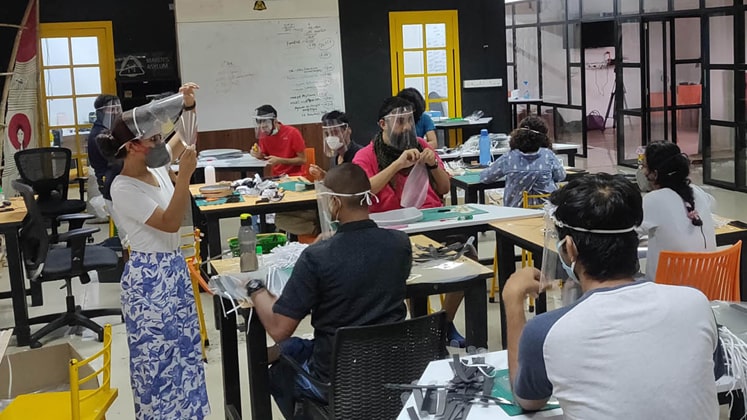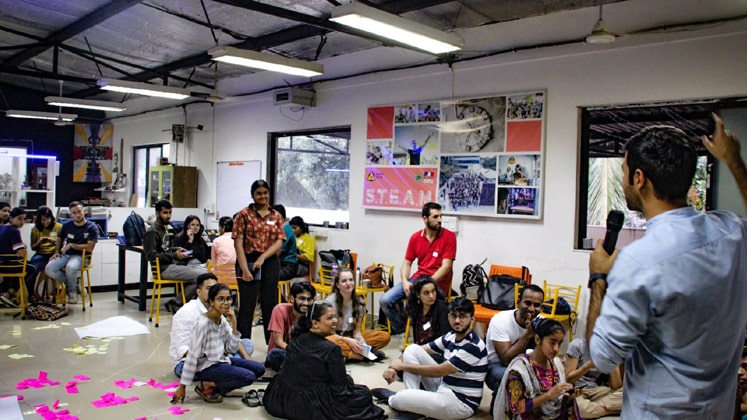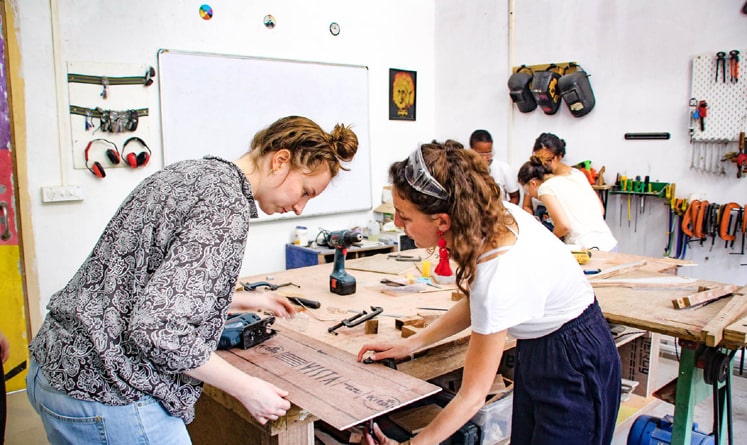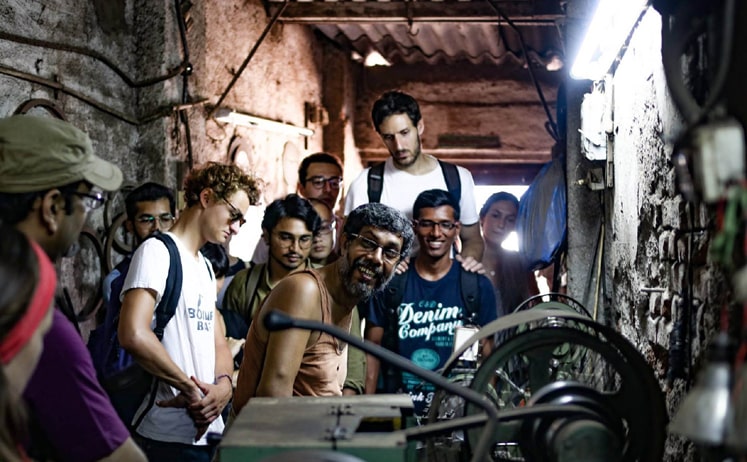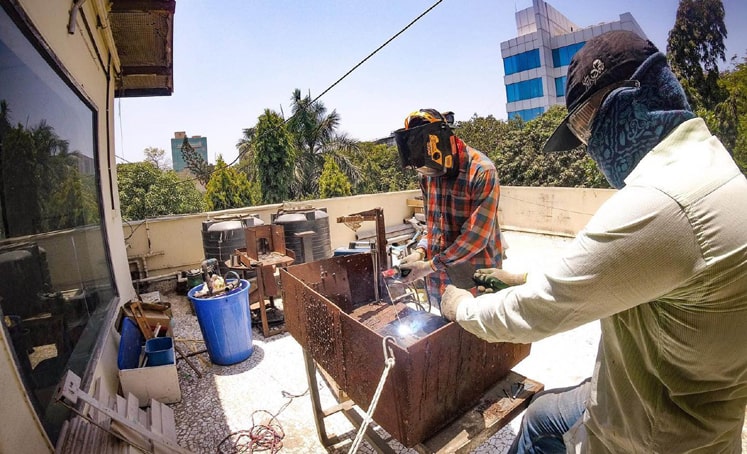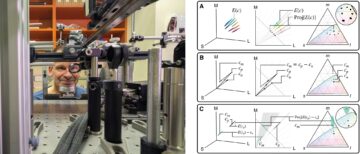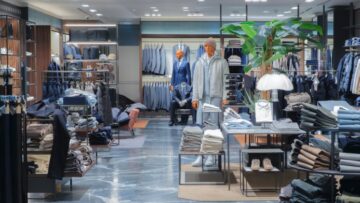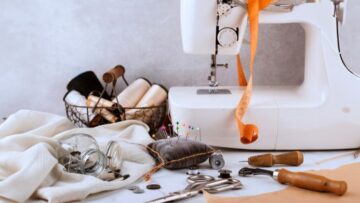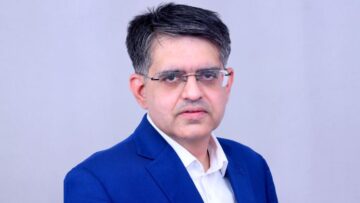Founded by Boston University alumnus Vaibhav Chhabra, Maker’s Asylum is a community makerspace focused on fostering innovation through hands-on learning. It fuels frugal innovation by putting the maker on the front line. An analogy for Maker’s Asylum can be ‘community gym’ – just like all of us cannot afford to have a personal gym, similarly all the makers cannot afford to own all equipment that they might need.
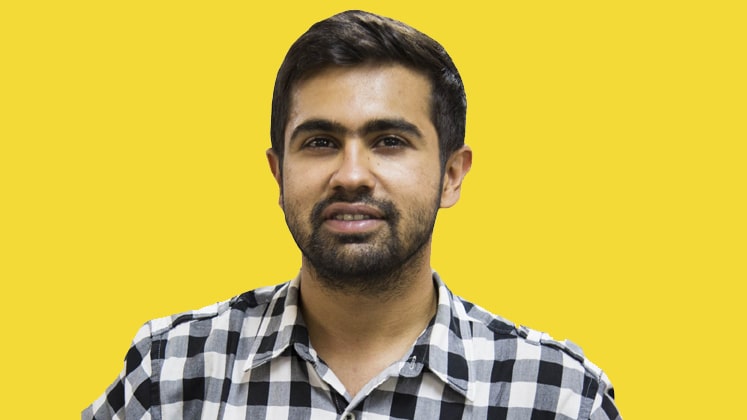
A fully-equipped workshop where you can turn your ideas into a product in a matter of days, if not hours, Maker’s Asylum has accumulated all required tools and equipment including 3D printers, laser cutters, textiles, wood work, welding, and electronics along with training and support to build things, rapidly prototype and improve on till you get it right – all within days. One can become a member of the space to access all their tools at a subsidised rate.
Maker’s Asylum is an avenue to share equipment in a community set-up where creatives are not only sharing infrastructure but also ideas. Apparel Resources gets candid with Vaibhav – a creative yet innovative powerhouse on the idea behind building such a community in India and the challenges that came with it, the various courses available under such avenue for people to sharpen their skills and the need for such spaces in today’s world.
What led you to get into this space? When did you start out?
Vaibhav Chhabra: After graduating in Mechanical Engineering from BU in 2012, I started working for a start-up called EyeNetra born out of MIT Media Labs in Boston. EyeNetra specialises in the development of a portable eye care platform that uses smartphones to give a user an eye test. I was chosen to go to India and lead the engineering side for them. I moved to Mumbai in 2013 and travelled to various rural parts of India to test the product and in parallel, set up the team here and worked on hardware improvements of the device based on feedback on the ground.
However, there were no makerspaces in India at that time, so I had to go to various service providers and machine shops to get things done. Life was regular, until one day the ceiling of the office caved in and broke the furniture we had. I didn’t know too many people in Mumbai, so I thought this would be a great opportunity to build a table and make new friends.
My Facebook post on a ‘meet-up’ on 23 November 2013 read, “Hey guys, come make the Maker’s Asylum!”, and six people actually showed up! We got together and made three tables, and celebrated over Pizza at the end. These guys kept coming back every weekend hungry to make more things together!
Did you grow up with a creative bent or was it something that you took fancy to later in life?
Vaibhav Chhabra: I have always been a maker at heart. Growing up as well, we used to live in a farm in New Delhi, and over the summer breaks, I went searching for auto garages to work out of, to learn how to fix cars. I finally convinced one garage to hire me as an extra pair of hands at a monthly wage of US $ 10.
At BU, I was exposed to different makerspaces, creative groups and was able to explore different things and learn from a community of people who were not necessarily my teachers. This really helped me explore different skills such as carpentry, photography, flying, diving, snowboarding, etc.
What is the concept behind Maker’s Asylum?
Vaibhav Chhabra: Maker’s Asylum is a community makerspace focused on fostering innovation through hands-on learning. It’s a fully-equipped workshop where you can turn imagination to reality. It fuels frugal innovation by putting the maker on the front line. Everyone is not only sharing infrastructure but also ideas. So for anyone who wants to innovate and create, with Maker’s Asylum, they get an instant access to the community who probably would also be the early adopters of their ideas.
What are some of the projects that you really enjoy doing and why? Describe a few projects that really got your creative juices flowing?
Vaibhav Chhabra: One of the recent projects was the M-19 initiative. While everything shut when India went into the biggest ever national lockdown on 23 March 2020, our team decided to self-isolate at our space to keep making!
The M-19 initiative started with a thought of giving only 1000 M-19 face shields to the frontline and healthcare workers. However, in 49 days, we were able to activate 42 cities, towns and villages through our open source design and give over 1 million M-19 face shields through #theM19Collective.
The collective comprised over 300 individuals/groups who did not know each other but came together to stand for a common purpose. We went through 21 design iterations of this simple product which is a face cover that helps you avoid splatter, mucous which is the primary way by which the virus spreads. We went from prototyping to mass manufacturing in less than 2 months and I learnt by leaps and bounds in the process. Not only did Maker’s Asylum survive, but we also created an impact in these unprecedented times by developing something that was essential. We used the power of design and collective intelligence to adapt and be agile to make a difference creatively.
Maker’s Asylum has grown to incorporate a community of design, idea and skill sharing. How did the idea of workshops come about and how does it work? How often do they take place?
Vaibhav Chhabra: Maker’s Asylum has always been a community space. We have moved five times in Mumbai itself in the last 6 years. Every time we moved, each space was set up by the members be it painting the walls, making furniture, getting lights fixed, the machines up and running.
A culture of sharing is what the space thrives on. We host three kinds of programmes:
- Exploratory workshops – these are done by the members of the community who would like to share their skills. Anything from pottery, to origami, to kokedama, to projection mapping.
- Certification courses – these are hands-on courses that help deep dive in to specific subjects like woodworking, metal working, electronics, virtual reality and others. These are for up to 36 hours each.
- Experiential programmes – these range anywhere from 10 days to 4 weeks and happen 3-4 times a year. This brings in an interdisciplinary group from across the world to work on solutions aligned to the United Nations Sustainable Development Goals. Our flagship programme is called the SDG School (erstwhile STEAM School) that is hosted every December in Mumbai and every July in Paris along with UNESCO and the CRI.
In addition, we also offer design consultancy to various brands, experiential marketing firms and corporate organisations for product design where our team works on creating innovative solutions for them. We also host a bunch of corporate team building workshops where we create out-of-the-box environment.
Setting up your own business has its own set of challenges – capital being one of them. Not everyone is blessed with a financial background that would allow them to jumpstart with their own unit/practice in the industry. What would your advice be to individuals on navigating through this challenge?
Vaibhav Chhabra: Maker’s Asylum started with an initial investment of Rs. 5,000 and a table. So, I personally do not believe that monetary investment is the only driving force to start a business. My personal advice would be that if you have an idea, you need to start somewhere, because if you do not start, the idea will die in your head. The rest falls into place and especially the money part.
After 7 years of existence, Maker’s Asylum finally found an official address in December 2018. Finding an affordable place in Mumbai has been a constant challenge. Over the years, we never really had an address because none of the spaces were owned or leased by us officially. Equipment was also either donated or shared.
What are some of the challenges that you faced while setting up Maker’s Asylum and how did you overcome them?
Vaibhav Chhabra: When I started, I had no idea how a company works, I didn’t know what an organisation structure should look like and most importantly how to manage a team. I kept trying to figure things out on a daily basis and kept learning as we grew. I started the organisation as a Foundation and realised how difficult it is to run one, so I created a proprietorship and a private limited company to then function as a social enterprise.
But trust me, this did not come easy. Learning how taxes work, the legal implications of running a business, paying tax, took a lot of time. While I was learning to sustain the operations of Maker’s Asylum, I was also learning the responsibility of hiring people at the space. It is a big thing that employees trust in your organisation and give it all they have got, and it was my job as a Founder to make sure I find ways to use their talent and get enough funds to pay their salaries on time.
I took zero salary from Maker’s Asylum for the first 3 years of its operations and survived solely on my savings from EyeNetra and support from my family. I had made a promise to myself that I would pay myself once all my employees had a decent salary.
Most of the marketing done for Maker’s Asylum was through public lectures, where I would go to colleges and inspire people to make, or through social media and word of mouth. Hence, there was never really a budget for marketing.
Eventually, people started talking about us on media and that really helped spread the word much faster. So in short, we had no money, no space, and no tools when we started Maker’s Asylum, and all the spaces have been built by the members themselves!
Maker’s Asylum is currently located in Mumbai, New Delhi, Kochi (in collaboration with STEAG Energy Services) and in Jaipur (in collaboration with the French Embassy in India). The community space plans to digitise its courses with learning hardware that can go to everyone’s home and also hopes to expand globally.

